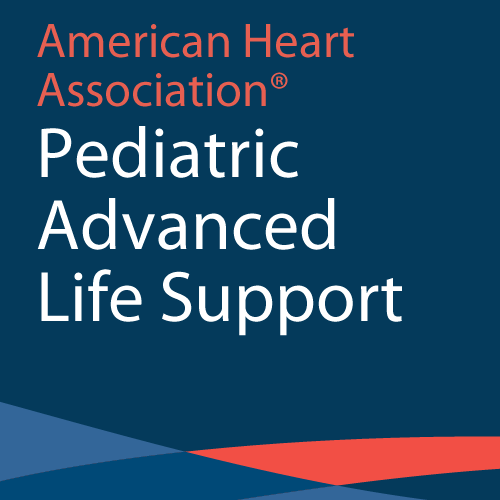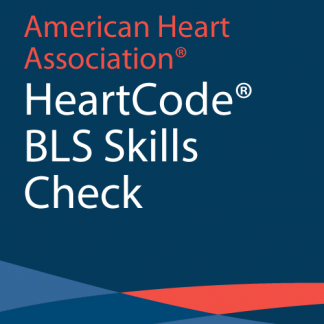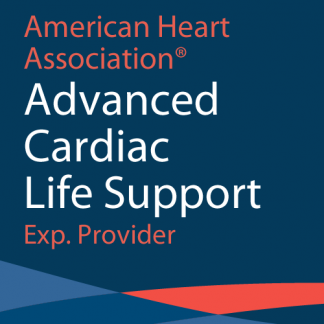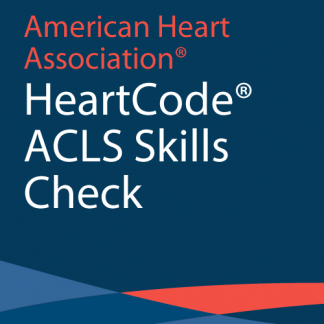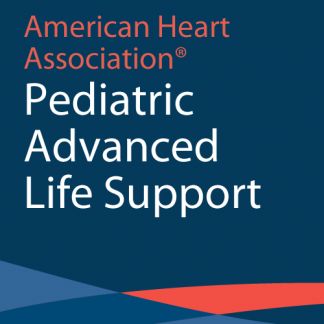Description
Pediatric Advanced Life Support (PALS) is a classroom, video-based, Instructor-led course that uses a series of simulated pediatric emergencies to reinforce the important concepts of a systematic approach to pediatric assessment, basic life support, PALS treatment algorithms, effective resuscitation and team dynamics. The goal of the PALS Course is to improve the quality of care provided to seriously ill or injured children, resulting in improved outcomes.
Pediatric Advanced Life Support (PALS)
The PALS course is designed to provide pediatric healthcare providers with the knowledge and skills necessary to efficiently and effectively manage critically ill infants and children and help improve outcomes.
The PALS course covers:
- pediatric emergencies
- concepts of a systematic approach to pediatric assessment
- BLS
- PALS treatment algorithms
- effective resuscitation
- team dynamics
PALS training is intended for professionals who must be credentialed as a requirement for doing their jobs, including:
- pediatricians
- emergency room, family, and other physicians
- physician assistants
- nurses and nurse practitioners
- paramedics
- intensive care and critical care providers
- other providers required to initiate and direct advanced life support in pediatric emergencies
Students must pass a written exam and skills test in order to qualify for a PALS Provider Course Completion Card.
Course length is approximately 14 hours for the full course, and approximately 6.5-8.5 hours for the update course. Part 1 (cognitive portion) can be taken in an instructor-led training session or on a self-directed basis as an online eLearning course. Students then practice their skills (Part 2) and are tested (Part 3) with a certified American Heart Association PALS instructor.

